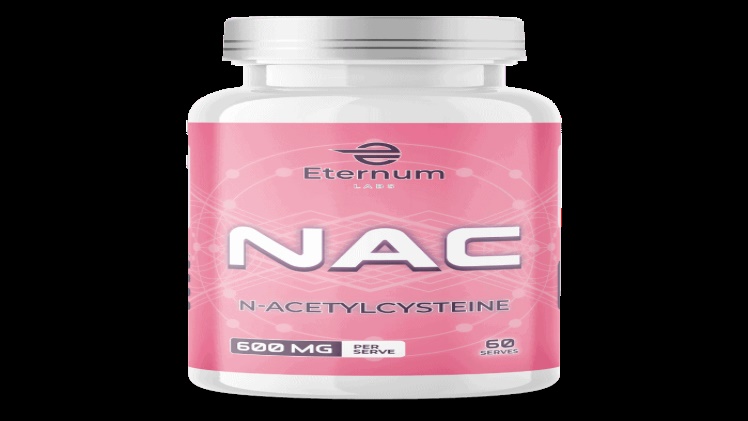Introduction:
N-acetylcysteine (NAC) is a naturally occurring compound that has been used for decades to treat various health conditions, such as bronchitis and acetaminophen toxicity. However, recent studies have shown that NAC has a significant impact on the nervous system, making it a promising supplement for enhancing cognitive function and reducing symptoms of certain neurological disorders. In this article, we will explore the power of NAC and how it can enhance your nervous system.
What is NAC?
N-acetylcysteine (NAC) is a modified form of the amino acid cysteine, which is found in many protein-rich foods, such as meat, fish, and eggs. NAC is a precursor to glutathione, a powerful antioxidant that helps protect cells from damage caused by free radicals. NAC also has the ability to break down mucus in the respiratory tract, making it an effective treatment for respiratory conditions, such as bronchitis and pneumonia.
NAC and the Nervous System:
Recent studies have shown that NAC has a significant impact on the nervous system. It has been found to increase the levels of glutathione in the brain, which helps protect neurons from damage caused by oxidative stress. NAC has also been shown to enhance the production of dopamine, a neurotransmitter that plays a critical role in cognitive function, motivation, and reward.
NAC has been found to have a neuroprotective effect, reducing the risk of neurodegenerative disorders such as Parkinson’s disease, Alzheimer’s disease, and multiple sclerosis. NAC has also been shown to improve cognitive function in individuals with mild cognitive impairment and to reduce symptoms of depression and anxiety.
NAC and Addiction:
NAC has been shown to be an effective treatment for addiction, particularly in individuals with cocaine and methamphetamine addiction. NAC has been found to reduce cravings for these substances and to decrease the likelihood of relapse. NAC also helps reduce the negative effects of addiction on the brain by increasing glutathione levels and reducing oxidative stress.
NAC and Autism:
There is evidence to suggest that NAC may be a promising treatment for autism spectrum disorder (ASD). A study published in Biological Psychiatry found that children with ASD who received NAC showed significant improvements in irritability, social communication, and repetitive behaviors compared to those who received a placebo. NAC has also been shown to improve brain function in individuals with ASD by increasing glutathione levels and reducing oxidative stress.
NA C Dosage and Side Effects:
The recommended dosage of NAC varies depending on the condition being treated. For respiratory conditions, such as bronchitis, a typical dosage is 600-1200mg per day. For cognitive enhancement and neuroprotection, dosages can range from 600-2400mg per day. It is important to consult with a healthcare professional before starting any new supplement regimen.
NAC is generally considered safe when taken as directed, but some individuals may experience mild side effects such as nausea, vomiting, and diarrhea. Rarely, high doses of NAC can cause an allergic reaction, and it should not be taken by individuals with a history of asthma or sulfur allergies.
Conclusion:
N-acetylcysteine (NAC) is a powerful supplement that has been shown to have a significant impact on the nervous system. It has the potential to enhance cognitive function, reduce symptoms of neurological disorders, and even help treat addiction. NAC is generally considered safe when taken as directed, but it is important to consult with a healthcare professional before starting any new supplement regimen. If you are interested in enhancing your nervous system, NAC is a taraftarium24 promising supplement to consider.

